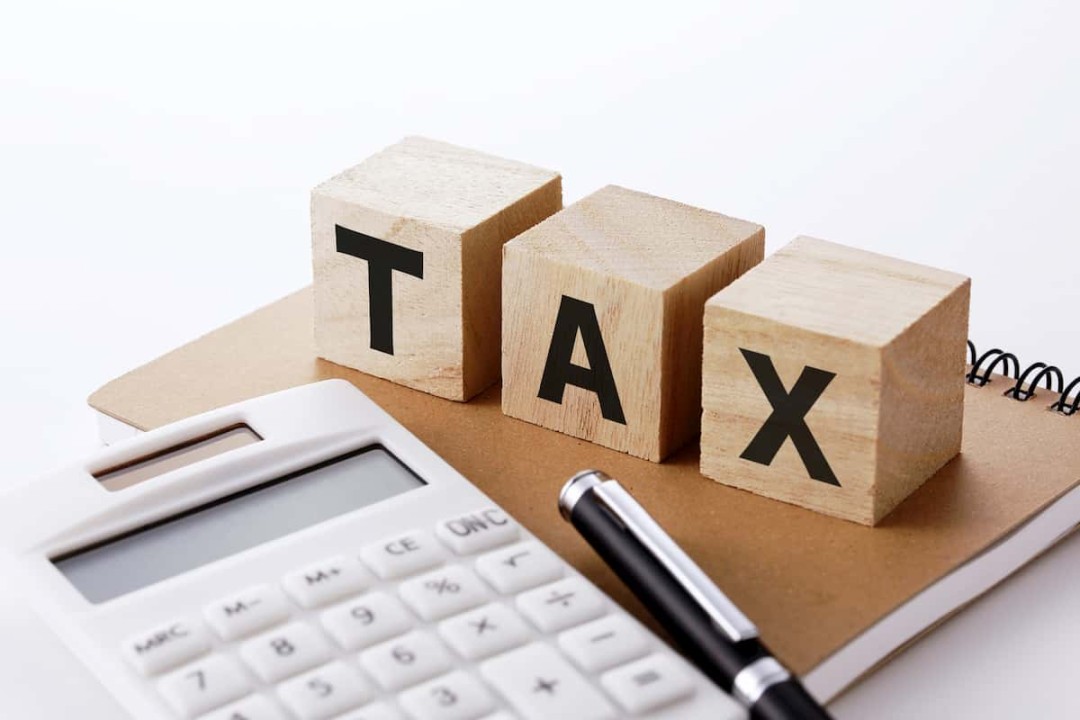Baymaza 2 – Effective Tax Planning Tips for Maximizing Savings and Minimizing Liabilities

Tax planning is a vital component of personal finance and wealth management. Whether you are an individual or a business owner, implementing effective tax planning tips can help you reduce your tax liabilities, avoid costly mistakes, and retain more of your hard-earned money.
Tax laws can be complex, but with the right approach, you can make the most of available deductions, credits, and investment strategies. This article provides expert tax planning tips to help you plan ahead and take full advantage of tax-saving opportunities.
Why Tax Planning is Important
Effective tax planning is about more than just filing your taxes correctly—it’s about organizing your financial life in a way that minimizes your tax burden. Proper planning can help you:
- Maximize Deductions: By strategically timing expenses and contributions, you can reduce your taxable income and claim various deductions.
- Take Advantage of Tax Credits: Tax credits directly reduce the amount of tax you owe. There are numerous credits available for education, homeownership, and more.
- Plan for the Future: Tax planning allows you to prepare for future tax liabilities, ensuring that you are not surprised by tax bills down the road.
Now, let’s explore some essential tax planning tips to help you save money and optimize your tax strategy.
Start Early and Plan Ahead
One of the best tax planning tips is to start early. Waiting until the last minute to plan your taxes often leads to missed opportunities. Tax planning should be an ongoing process throughout the year, rather than something you do only at tax time.
- Track Your Income and Expenses: Keep a record of your earnings and expenditures year-round to ensure you’re aware of any deductions or credits you may qualify for.
- Estimate Your Tax Liability: Try to estimate how much you’ll owe in taxes each year. This helps you avoid surprises and gives you time to make adjustments Tax planning tips to your financial situation before tax season arrives.
Tax planning tip: Consider meeting with a tax professional during the year to review your finances and ensure you’re on track to reduce your tax liabilityTax planning tips .
Contribute to Tax-Advantaged Accounts
Tax-advantaged accounts allow you to reduce your taxable income and grow your savings with tax benefits. These accounts should be a fundamental part of your tax strategy.
- 401(k) and IRAs: Contributing to a 401(k) or IRA (Individual Retirement Account) allows you to defer taxes on your contributions until you retire. Additionally Tax planning tips , these accounts offer tax-free or tax-deferred growth on investments.
- Health Savings Accounts (HSA): If you qualify, contributing to an HSA can provide triple tax benefits: tax-deductible contributions, tax-free growth, and tax-free withdrawals for qualified medical expenses.
- 529 College Savings Plans: These accounts allow you to save for education expenses with tax advantages. While contributions are not tax-deductible at the federal level, earnings grow tax-free when used for qualified educational expenses.
Tax planning tip: Maximize your contributions to tax-advantaged accounts to reduce your taxable income. Be sure to contribute enough to get the full employer match for your 401(k) if available.
Take Advantage of Tax Deductions
Tax deductions reduce your taxable income, helping lower Tax planning tips the amount of tax you owe. There are many opportunities to take advantage of deductions if you know where to look.
- Standard vs. Itemized Deductions: Most taxpayers take the standard deduction, but if you have significant expenses in areas such as medical costs, mortgage interest, or charitable donations, itemizing your deductions might save you more money.
- Business Expenses: If you are self-employed or run a business, make sure to deduct eligible business expenses, such as home office costs, travel, and supplies.
- Student Loan Interest: You can deduct up to $2,500 of student loan interest each year, depending on your income level.
- Mortgage Interest: Mortgage interest on your primary home is often deductible, which can lead to significant savings.
Tax planning tip: Keep detailed records of your expenses throughout the year so you can easily identify potential deductions at tax time Tax planning tips

Invest in Tax-Efficient Assets
The type of assets you invest in can have a major impact on your tax liability. Some investments generate taxable income, while others are more tax-efficient.
- Tax-Exempt Bonds: Municipal bonds are exempt from federal taxes and, in some cases, state taxes, making them an attractive investment for high-income earners.
- Index Funds and ETFs: These investment vehicles typically generate fewer capital gains than actively managed funds, which can help reduce your tax burden on investment returns.
- Real Estate: Real estate investments offer various tax benefits, such as depreciation deductions and tax deferral through a 1031 exchange, allowing you to reinvest the proceeds from a sale without paying taxes immediately.
Tax planning tip: Work with a financial advisor to ensure your investment strategy is tax-efficient and aligned with your long-term goals.
Plan for Capital Gains Taxes
If you sell investments or assets that have appreciated in value, you may incur capital gains taxes. Understanding how capital gains taxes work and how to minimize them can be an important part of your tax strategy.
- Long-Term vs. Short-Term Capital Gains: Long-term capital gains (for assets held for over one year) are generally taxed at a lower rate than short-term capital gains (for assets held for less than a year).
- Tax Loss Harvesting: If you have investments that have lost value, you can sell them to offset taxable gains. This strategy is called tax loss harvesting and can help reduce your tax bill.
- Gifting Investments: Consider gifting appreciated assets to family members in lower tax brackets, as this can reduce your overall capital gains tax liability.
Tax planning tip: Hold investments for at least a year to take advantage of lower long-term capital gains tax rates. Consider tax loss harvesting at the end of the year to offset gains.
Don’t Forget State and Local Taxes
In addition to federal taxes, you must also consider state and local taxes in your overall tax planning strategy. Depending on where you live, these taxes Tax planning tips can significantly affect your financial situation.
- State Income Taxes: Some states have high income taxes, while others don’t impose any at all. If you live in a state with a high tax rate, consider strategies such as contributing more to tax-deferred accounts or relocating to a state with lower taxes.
- Sales Taxes and Property Taxes: Sales taxes and property taxes can also impact your finances. Be sure to factor them into your budget and look for ways to minimize these costs.
Tax planning tip: Consider relocating to a state with no income tax if it makes financial sense for you. In addition, make sure you’re aware of local tax regulations and adjust your finances accordingly.
Also Read: Expert Wealth Management Advice for Growing and Protecting Your Assets

Review and Adjust Your Tax Strategy Regularly
Tax laws change regularly, and your personal financial situation evolves over time. It’s essential to review and adjust your tax strategy annually or after any significant life changes.
- Major Life Changes: Events such as marriage, the birth of a child, or buying a home can have significant tax implications. Be sure to adjust your tax plan to reflect these changes.
- Tax Law Changes: Keep up with changes in tax law, such as changes to tax brackets, deduction limits, or credits, which may require adjustments to your strategy.
- Year-End Tax Planning: Before the end of the year, review your tax situation to ensure you are optimizing deductions, credits, and contributions to minimize your tax liability.
Tax planning tip: Regularly review your tax strategy Tax planning tips with a tax professional to ensure it’s up to date and optimized for your financial situation.
Conclusion: Maximize Savings with Smart Tax Planning
In conclusion, effective tax planning tips can significantly reduce your tax liability and increase your savings. By starting early, taking advantage of tax-advantaged accounts, optimizing deductions, investing in tax-efficient assets, and regularly reviewing Tax planning tips your strategy, you can keep more of your money and ensure your financial future remains secure.
Don’t let taxes be an afterthought— Tax planning tips make tax planning a priority to help you achieve your long-term financial goals.




